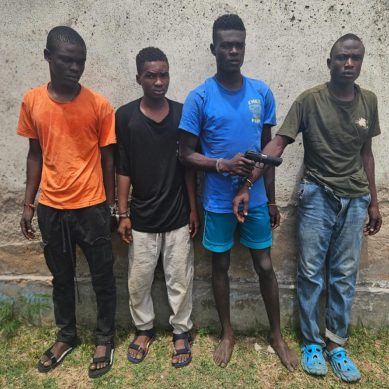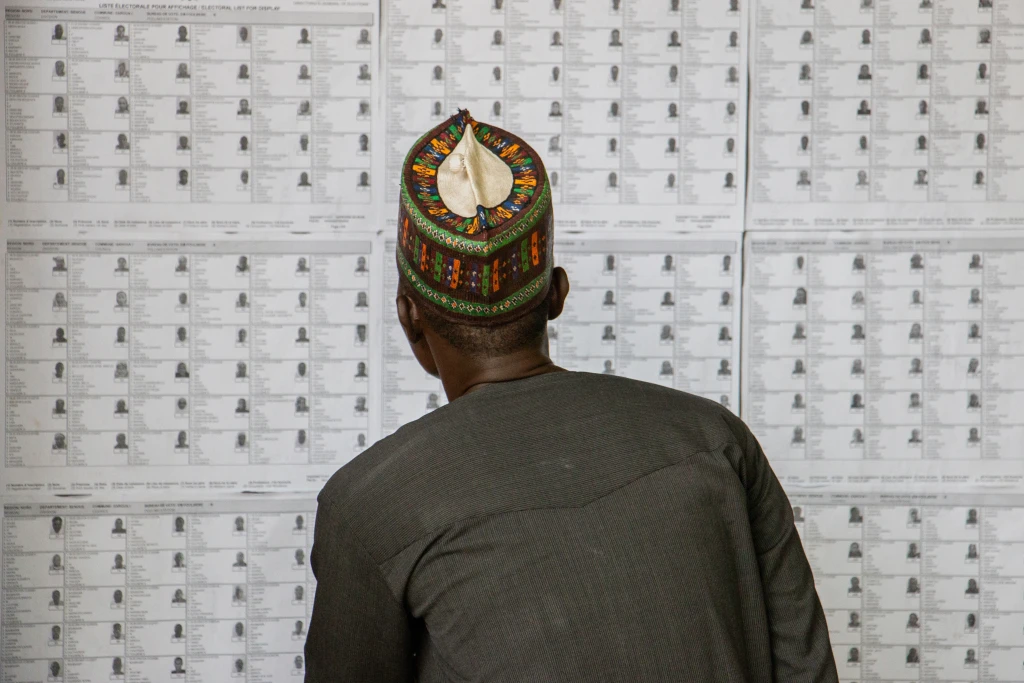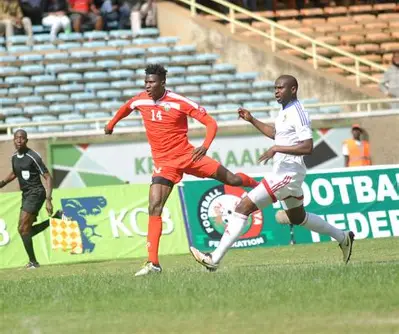
The European Union delegation in South Sudan has denied reports that it is working to delay elections in the country as was alleged by President Salva Kiir.
Deputy Head of the EU Delegation Lothar Jaschke said on Thursday that his group is fully supporting an environment to enable elections, a constitution and transitional justice.
Kiir had alleged on Saturday that Western powers wanted to delay elections, but he did not explain how they were doing that. Kiir said he was committed to ensuring elections proceed in December as planned and warned that a postponement would spark violence.
South Sudan is due to hold its first election in December, but crucial processes that include the adoption of a permanent constitution and a unified police force are not in place.
Last week, the interim chairperson of an international commission to oversee South Sudan’s 2015 peace agreement, Charles Tai Gitau of Kenya, said there was no evidence of sufficient preparation to conduct elections. He cited the lack of electoral bodies at the state level and a delay in the publishing of a voters register.
South Sudan is also going through an economic crisis, with reduced oil exports, due to the war in neighbouring Sudan. Civil servants have not been paid for months.
Against his backdrop, the United Nations Mission in South Suda (UNMISS) to overcome the logistical challenges of peacekeeping and preparing the country for elections, “peacekeeping focuses on people and their needs.”
“We are saving people not from bullets but floods,” said Captain Taimoor Ahmed, an engineer working for UNMISS.
Using excavators and other construction equipment, his team built dikes to help hundreds of people stranded due to the devastating floods in Bentiu. They also built roads along the dikes to make sure essential humanitarian supplies reached people displaced by the disaster.
Just outside South Sudan’s capital Juba, peacekeepers built new classrooms, a football field and a playground for a small school catering to a community that mostly relies on subsistence farming and has limited access to education. In the DRC, peacekeepers built an Ebola Treatment Centre in North Kivu and rehabilitated and expanded the road to the facility at the height of the disease outbreak in the country.
In the past two decades UNMISS report says, satellite imaging has been used in peacekeeping missions to provide a good overview of conflict zones, greatly enhancing situational awareness. Peacekeepers, who are surveillance and geospatial experts, use satellite imagery to monitor troop movements, displacement trends and flows, potential threat and movements of armed groups and the impact of impending natural disasters.
With such critical information, they can make informed decisions, effectively plan patrols and coordinate response. Satellite imaging, one of the most innovative tools available to peacekeeping, helps to enhance operational awareness in many missions, particularly those in countries with vast, remote and difficult terrains. Real-time imagery of inaccessible regions also enables peacekeepers to swiftly assess the extent of any damage or needs and prioritise their interventions accordingly.
The satellite data is used for an array of purposes, from monitoring natural disaster preparedness, response and recovery to tracking displacement patterns and cross-border movements.
The peacekeepers also involved in clearing landmines not only to prevent the loss of lives and limbs, it also makes land safe and productive again, allowing local communities to farm or build schools or hospitals, essentially rebuilding their lives and livelihoods.
- A Tell / AP report







